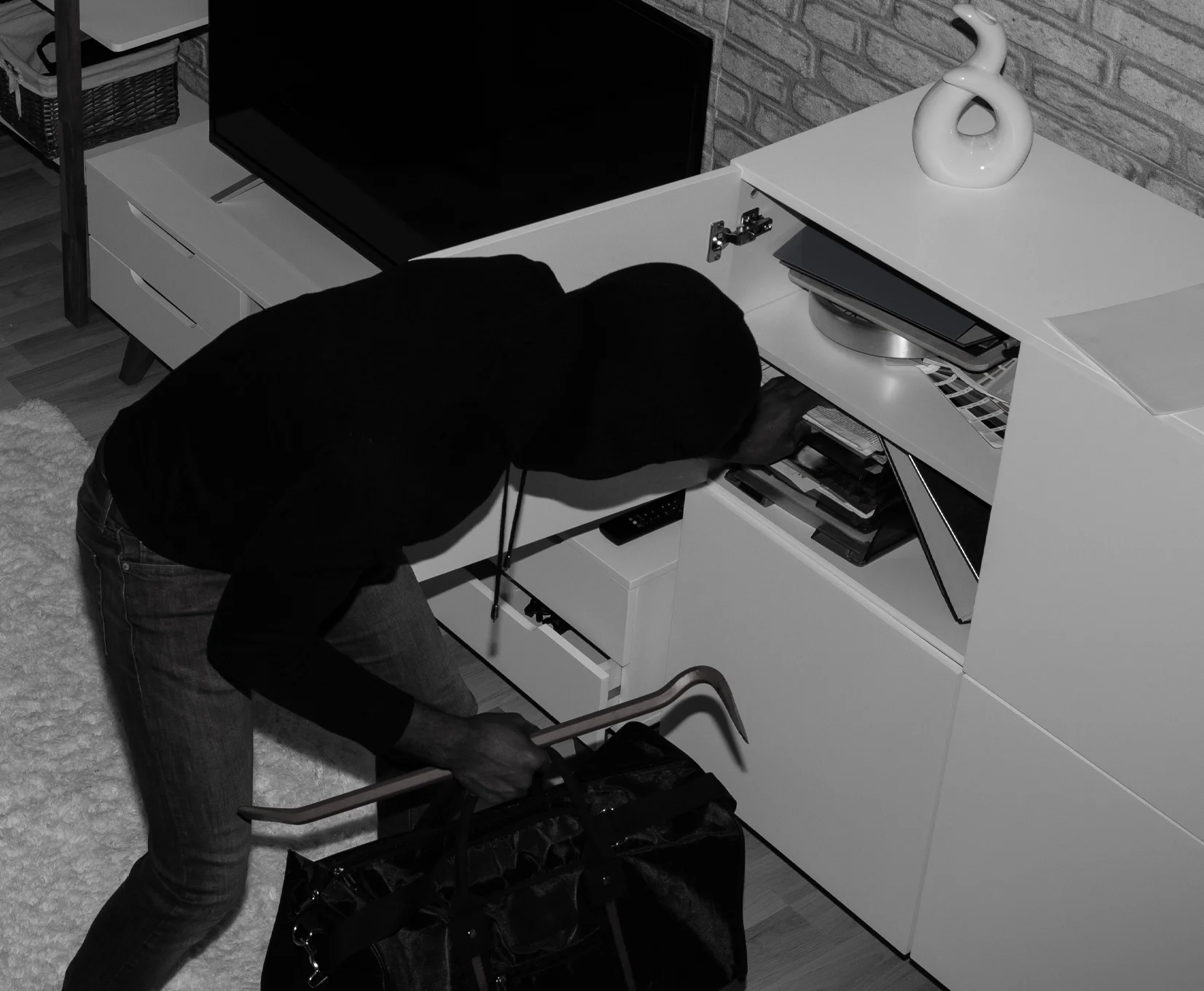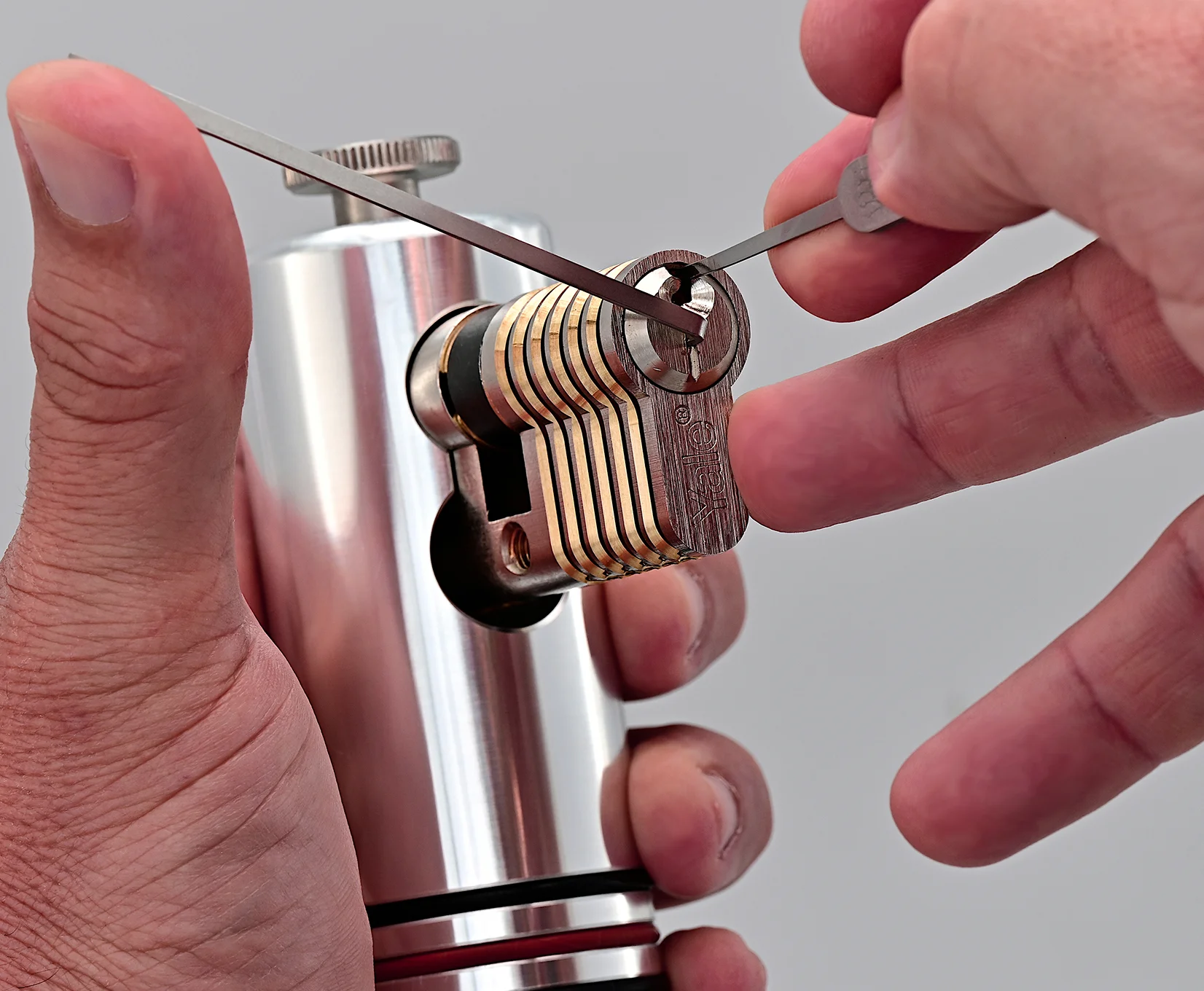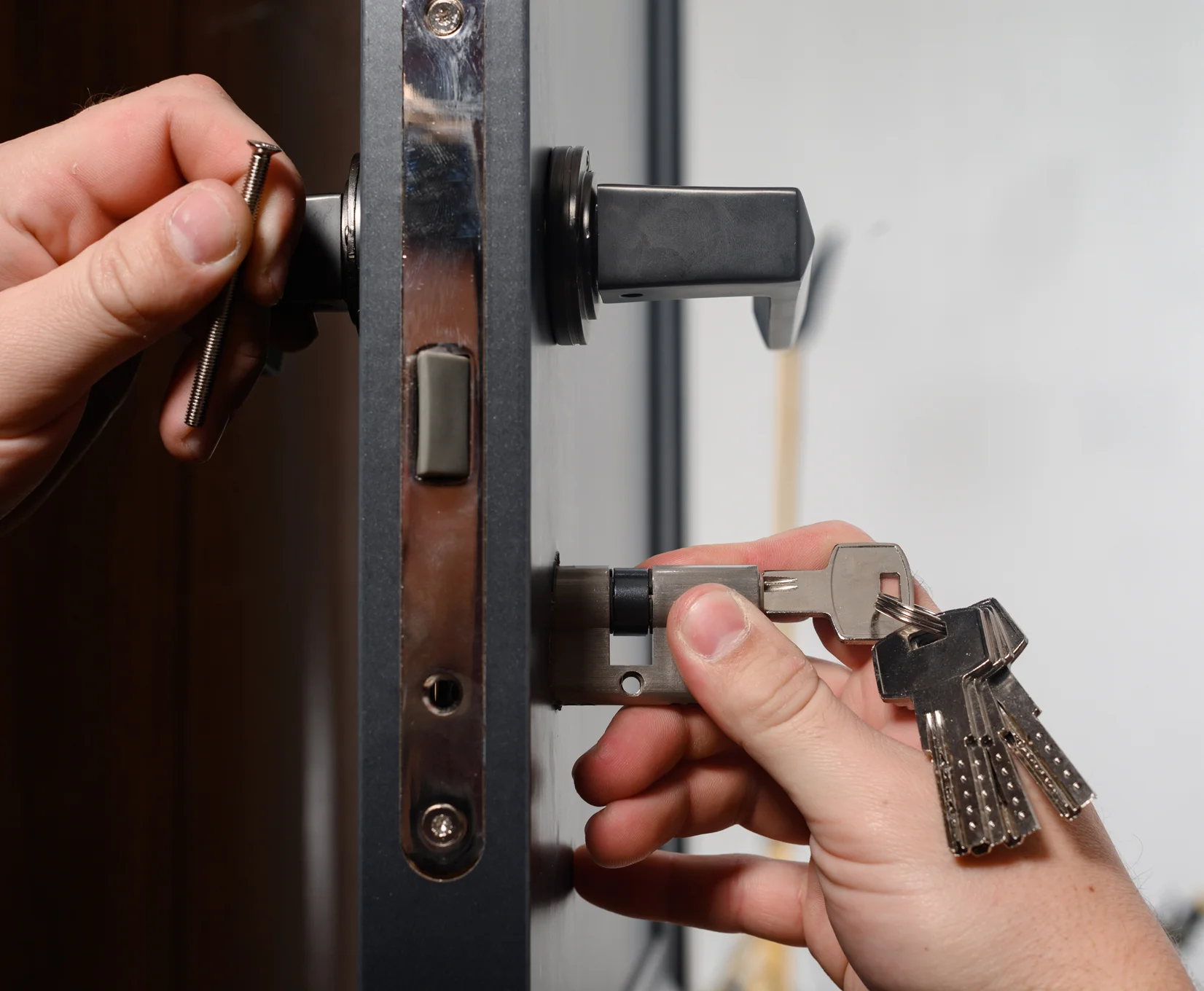
Reading time: 6 minutes / Lars Buchwald / 10 July 2025
A Fact Check: The Truth About Lock Picking
Contents of This Article
→ A Fact Check: The Truth About Lock Picking
→ Why Lock Picking Fascinates So Many – Including Me
→ One Thing Is Certain: Lock Picking Is Legal. Full Stop.
→ But What’s the Public Perception – and Why Hollywood Fuels It
→ What Actually Happens: Reality Looks Very Different
→ Who Really Uses Lock Picking – and Why It Has Nothing to Do with Burglary
→ What Happens When Lock Picking Gets Misunderstood?
→ Our Position at Multipick? Crystal Clear.
→ Lock Picking Is a Fun Skill – But It Also Comes with Responsibility
If you’ve ever watched an action film, you’ll know the scene: some cool guy kneels in front of a door, pulls out a few shiny tools – and boom, the lock’s open. Three seconds flat, no resistance, dramatic soundtrack in the background, and sometimes even without the tension wrench that’s absolutely essential in real life.
Between Crime Dramas, the Internet and Reality – Let’s Keep It in Perspective
And I’ll admit it: I used to think the same when I saw those scenes. “Wow. I want to do that too.” That feeling when a lock clicks open. Understanding the technique. Thinking with your hands. The whole thing absolutely fascinated me.
And for many people who discover the topic of lock picking for the first time, one question comes up almost immediately:
Is lock picking even legal? Isn’t that something only burglars do?
No. And once again: no. But because this subject drags around so many myths, we’re going to take a proper look at it today – no law degree required, I promise.
Why Lock Picking Fascinates So Many – Including Me
Honestly? It’s just fun. That quiet feeling-your-way inside the lock, the moment when the pins start to move – and then, click! – it opens. That sense of success is even stronger when it’s a particularly tricky cylinder you’ve been working on for what feels like ages.
For many people, lock picking is like meditation with tools. For me too, by the way. There’s nothing better than a quiet evening, quality tools, and a cylinder you want to “defeat” – absolutely brilliant and pure relaxation. Other pickers say: “It’s like chess – but with pins and tension.”
And yes, I often hear from friends: “I’ve always wanted to try that!”
Well then, go ahead – why not? It’s not illegal. Honestly, it isn’t.
One Thing Is Certain: Lock Picking Is Legal. Full Stop.
In Germany, it’s perfectly clear:
You are allowed to learn, practise, and try out lock picking. Of course, you can also buy and own lock picking tools. As long as you’re working on your own locks or training cylinders – no problem.
Owning picks? 100% legal.
Practising on an old cylinder lock? 100% legal.
What is prohibited is using them to prepare or commit a criminal offence. That should go without saying – but for the sake of completeness, I’ll spell it out. The same applies to kitchen knives, hammers or screwdrivers.
And in other countries, it’s quite similar:
For example, in the USA, France, Austria, and the Netherlands – lock picking is not illegal.
If you’re travelling, however, it’s always best to check the local laws beforehand. Not every country makes such fine distinctions with the same level of nuance. → Legal Overview Here
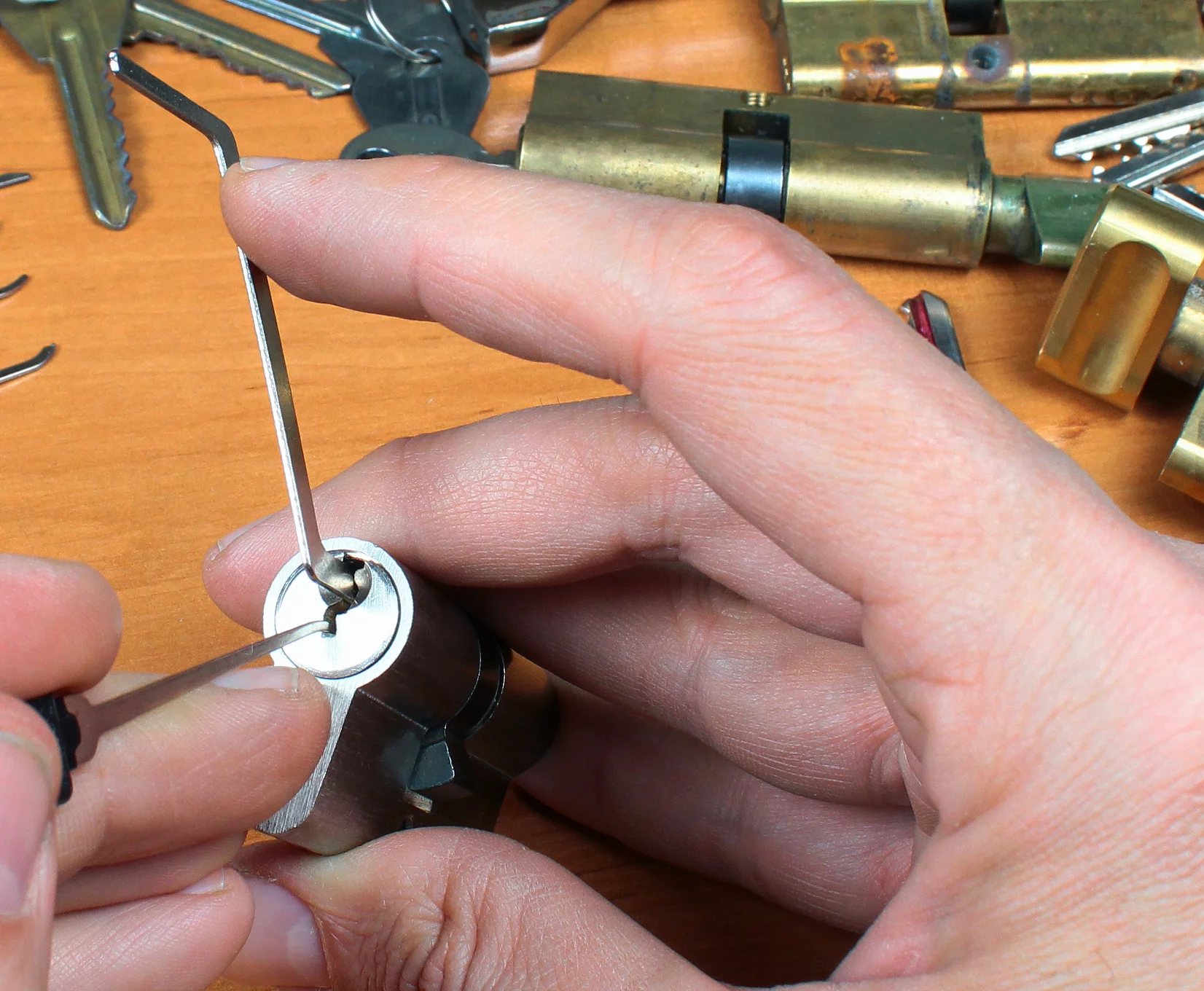
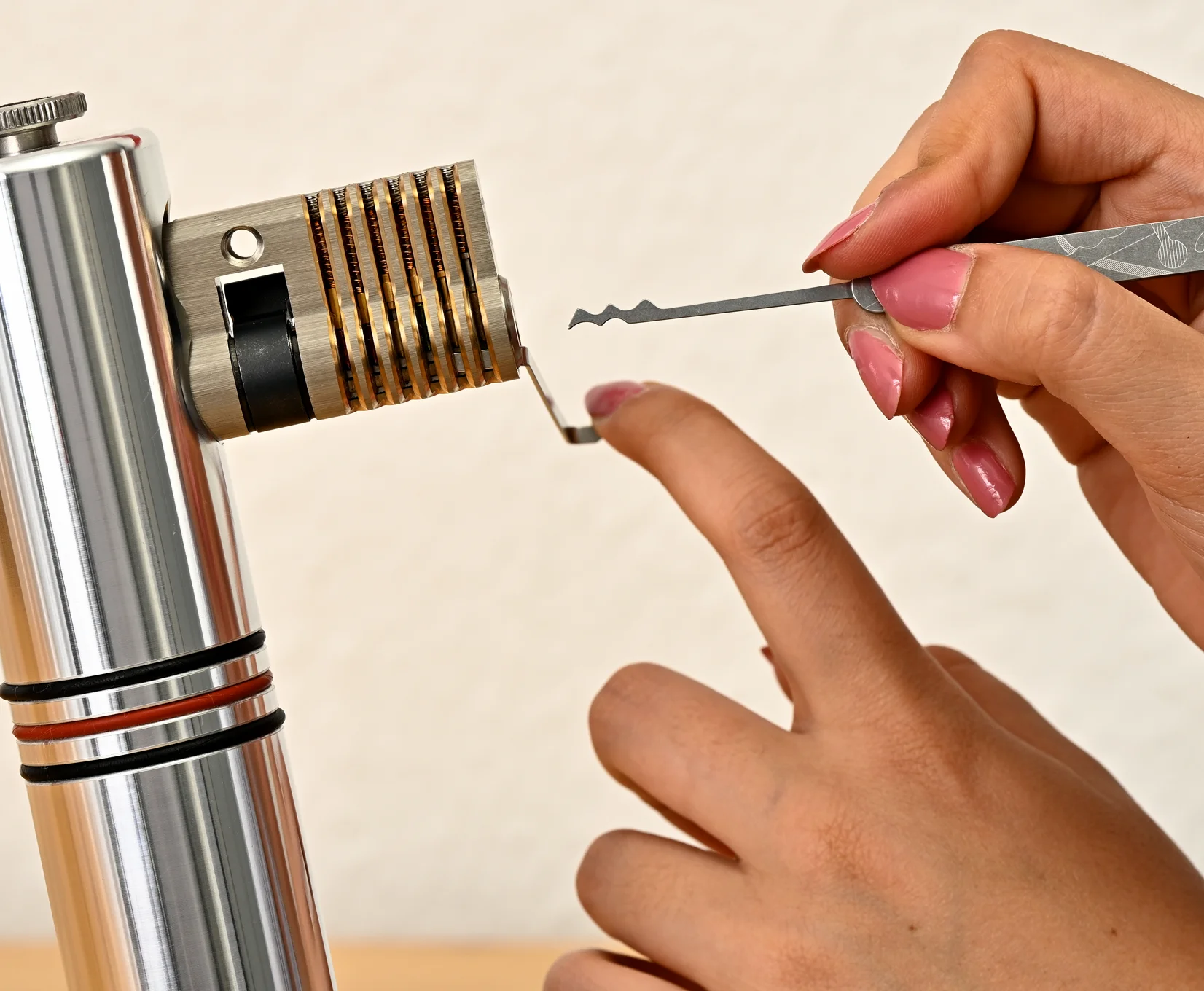
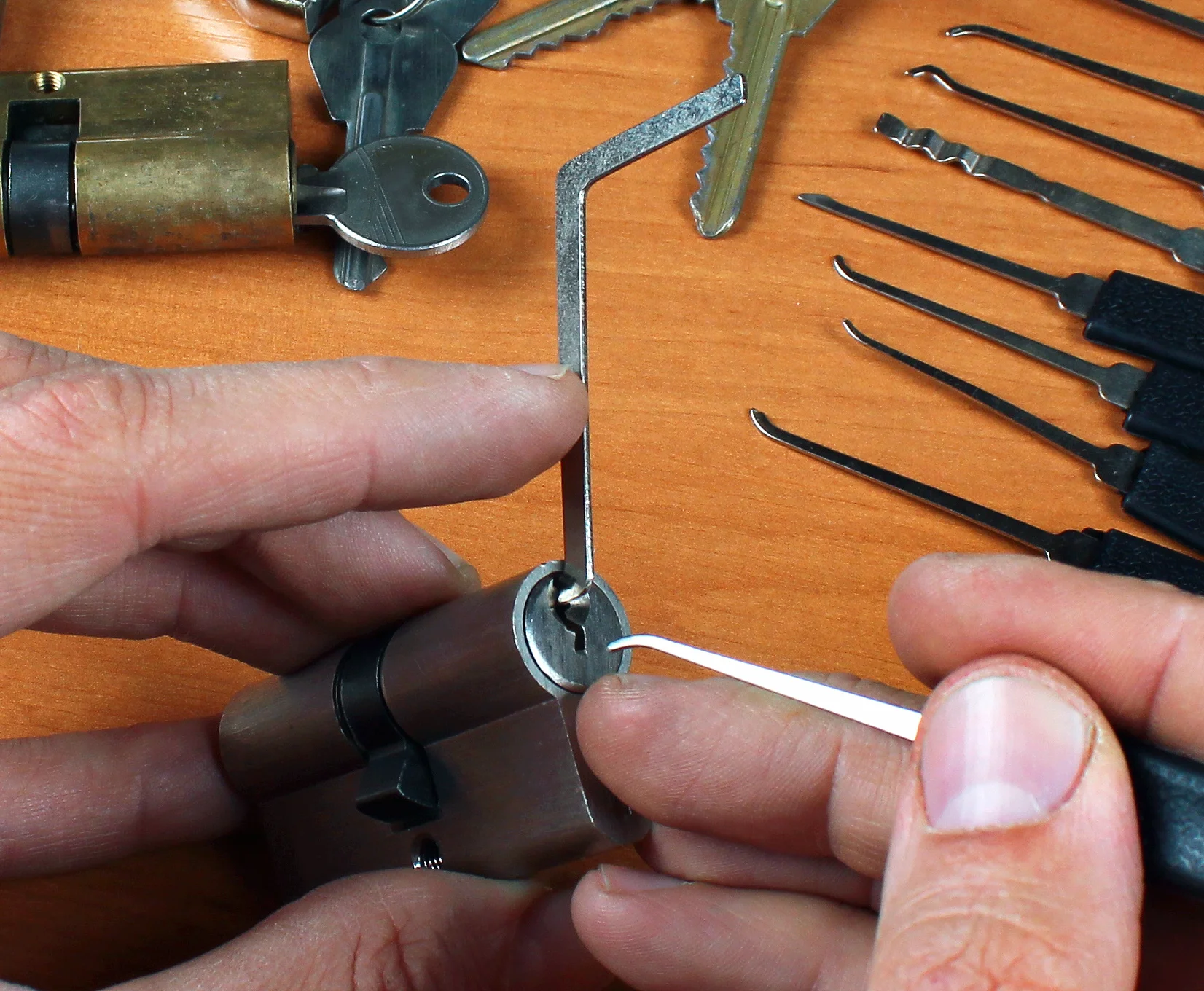
But What’s the Public Perception – and Why Hollywood Fuels It
The problem? Thanks to films and TV shows, many people have a completely wrong idea about lock picking. It’s always a quick montage – no failed attempts, no broken picks, no swearing or sweat. So it’s no surprise when forum posts ask things like: “Is it really that easy?” or “Isn’t that just for burglars?”
Well, let’s put it this way: Burglars don’t need it – and they don’t use it either.
What Actually Happens: Reality Looks Very Different
Want a few facts?
According to police crime statistics, fewer than one percent of all burglaries involve lock manipulation. The other 99%? A screwdriver through a tilted window, a solid kick to the door, or simply grabbing the unsecured handle at the back of the house will do the trick.
“Lock picking isn’t attractive to criminals – it’s too slow, too noticeable, they use other methods.”
– Police Union, Germany
And the same applies in the US: The National Crime Prevention Council states bluntly:
“Lock picking is not a common method of burglary.”
Maybe screenwriters should google that before showing another secret agent opening a high-security lock with a hairpin. (Spoiler: that doesn’t work.)
Who Actually Uses Lock Picking – and Why It Has Nothing to Do with Burglary
Lock picking is used – and precisely where non-destructive entry prevents damage:
– Police and special operations units: When there’s no immediate threat to life.
– Locksmiths: It’s part of the job – and a real challenge, even for pros.
– IT experts & security enthusiasts: Because security doesn’t end at the firewall, and curiosity is just too strong ;-)
– Tinkerers, makers, sport pickers: Yes, lock picking is also a competitive sport.
What Happens When Lock Picking Gets Misunderstood?
As fascinating as lock picking is – it’s just as easily misunderstood.
Here’s a real-life example: someone’s practising on a training lock while sitting on a park bench. Someone else sees it, jumps to conclusions (in official terms: actions that may constitute preparation for a criminal offence), and calls the police. The result? Misunderstandings, lots of questions, maybe even the tools being confiscated.
That’s why it’s important to know where to practise: not on the train, and definitely not in front of someone else’s door. And please, no videos of real house entries. This isn’t a show act. It’s a total no-go.
Our Stance at Multipick? Crystal Clear.
We stand for legal, ethical lock picking – as a hobby and a profession.
We promote awareness and responsible use of our tools.
And we work with people who share those values – whether locksmiths or security authorities.
In the community, there’s something like an unwritten rule:
No real doors. No locks that aren’t yours. No “hero” videos of opened front doors.
If you don’t get that, then you’ve missed the point – and you’re not the right fit for us.
Lock Picking Is a Skill That’s Fun – But Comes with Responsibility
It’s a brilliant technique – a blend of feel, finesse and true craftsmanship.
It’s legal – if you know what you’re doing.
And it’s fascinating – for those who are curious, love to learn, or enjoy solving puzzles.
Not illegal, and not dangerous. Just exciting – and a great personal challenge.
Fancy giving it a try? Go for it – you’ll find everything you need right here with us.
FAQ – Everything You Need to Know
1. What’s the Difference Between Cheap Picks and High-Quality Professional Tools?
Beginner sets are often made of soft metal, poorly deburred and provide little feedback when picking. Professional tools – like those from Multipick – are made of hardened stainless steel, precision-lasered and offer better feedback through the pins in the lock – crucial for clean and precise work.
2. How Well Are Modern Locks Protected Against Lock Picking?
High-end cylinders use protective mechanisms like paracentric keyways, spool pins, mushroom drivers or magnetic/electronic components. Still, no lock is completely pick-proof – the goal is to make manipulation as difficult as possible.
3. Can You Pick Digital or Electronic Locks?
Yes and no. Electronic systems can’t be picked in the traditional sense, but may be vulnerable to other methods like decoding, bypass techniques or software weaknesses. For most lock pickers, the focus remains on mechanical systems – as they offer the true tactile challenge.
4. Is There a Minimum Age for the Lock Picking Hobby?
Legally, no – but many workshops and events set a minimum age of 16 or 18. What really matters is responsible handling. Many young people discover lock picking as a fascinating technical hobby – ideally supported by clubs or the maker community.
5. What Is a “Rake” – and Why Is It Often the First Tool for Beginners?
A rake is a pick with a jagged profile that manipulates several pins at once – meaning less precision, but more speed. It’s ideal for beginners to achieve quick successes. Professionals use rakes mainly for analysing lock mechanisms or as a “first try” tool.
6. Are There Championships or Competitive Events in Lock Picking?
Yes – worldwide. In Europe, for example, at the ELF (European Lockpicking Championship), or in the USA at the DEFCON Lockpicking Village. Participants compete in fair contests under strict rules, using training cylinders and with a clear ethical code: no real doors, no illegal locks.
7. What Is “Locksport” – and How Does It Differ from Professional Use?
Locksport is the hobby and sporting side of lock picking – similar to chess or speedcubing. Unlike locksmiths or police work, it’s not about opening under time pressure or in emergencies, but about technique, knowledge and fair play.
8. What Role Do Online Lock Picking Communities Play?
A big one. Forums like Reddit (“Lockpicking”) or Discord servers offer exchange, learning videos and discussions. YouTube channels like @sandman_locksport or @LockFumbler have a wide following – and always emphasise responsible use and legal boundaries.
9. What Are “Challenge Locks” – and Why Are They So Popular?
Challenge locks are intentionally modified locks with increased difficulty – often created by hobby lock pickers themselves. They enhance understanding of fine mechanics, encourage creativity and require patience. Within the community, they’re seen as a rewarding technical challenge.
10. Are There Connections Between Lock Picking and IT Security?
Absolutely. Many security experts explore lock picking because physical security is an integral part of the overall system (“red teaming”). Anyone protecting IT systems should also know how easily doors – or server cabinets – can be opened when the mechanical security fails.
About the Author
Lars Buchwald has been an integral part of the Multipick team since 2006, where he dedicates his passion and expertise to marketing and graphics. As a trained graphic designer and copywriter, he brings a wealth of experience and creativity to his work, which enables him to convey the messages of the ingenious tools in an appealing and convincing way. With a keen sense for the needs of the target group, he steers Multipick's marketing fortunes. His commitment is characterized by a high degree of sensitivity and the right richer at the right time.
As a native of Bonn, Lars not only has close ties to the region, but has also firmly integrated his passion for marketing spear tools into his professional work. His attachment to the city is reflected in his work and gives his marketing campaigns an authentic, Bonn touch.
Related Articles
About Multipick
Multipick was established here in Bonn in 1997 and has had its headquarters and production facilities here on the Rhine ever since.
Why should we leave here? Anyone who has been here before will agree that it is a very beautiful place and that the people are ‘typically Rhineland’, open-minded and friendly. From an early stage, we began to occupy ourselves with a wide variety of entry tools. We tried out lock snappers and core extractors such as the Bell and gathered a wealth of experience with a wide variety of tools. Whether it was a lock pick set or special tools for fire brigades and locksmiths, in the end the door or window had to be opened. In line with the motto, you got the problem and we got the solution.
Many tools, irrespective of hobby or professional, are dispatched from our warehouse to destinations throughout the world.
Opening tool kits for caretakers and locksmiths, pick sets and lock picking accessories for Locksport enthusiasts and Hobbs hooks for specialists to unlock locked safes. There are thousands of different ways to deploy our specialised tools. Our TFG latch plates and key turners allow a closed door to be reopened. QA Pro 2 and our V-Pro core pulling screws can be used to open a locked door. We also offer milling burrs and drill bits for those situations where there really is no other way. Many useful aids such as MICA opening cards, wedges, door latch spatulas, door handle catches and spiral openers, which are all useful tools to help you get the job done. But even if things get a bit complicated, you are in good hands with us. Products such as the Kronos and Artemis electric picks are our top highlights. Anyone who likes to open dimple locks or disc locks will be delighted with the ARES system. For opening windows, we offer you a range of top products from Kipp-Blitz. Favoured by emergency services such as the fire brigade, THW (Federal Agency for Technical Relief) and police. Many of our tools are manufactured in-house. This gives us the liberty to manufacture quickly and in a customer-orientated manner. No lengthy supply chains and subcontractor dependencies. This has a number of advantages both for you and, of course, for our environment. One big advantage is that you get everything from a single source, enabling us to offer you consistent quality. This is also our promise to you, all from a single source, Made in Germany, Made in Bonn - promised.




































